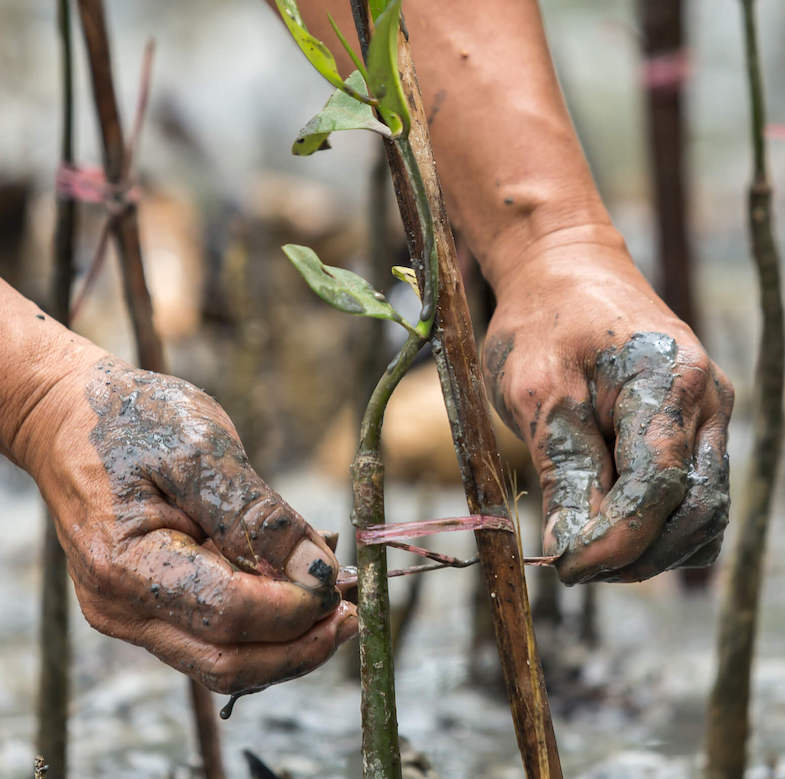
Evidence-based learning to improve conservation impact
The conservation community needs smarter and more successful actions to improve the impact of its work. For example, it is not always clear how to create training programmes that improve performance in a lasting way, or what the ingredients of a successful conservation partnership are, or how donors can set up funding so that grantees can work in a strategic and sustainable way.
One way of designing successful, effective actions is through using insights from evidence-based learning. Recent years have seen significant steps forward in developing concepts for defining and using evidence in conservation. In late 2021, the MAVA Foundation, Foundations of Success, and Conservation Evidence joined forces in an initiative to build further on this work.
Combining the strengths of their approaches with MAVA's treasure of nearly 30 years of conservation data, they set out to formulate assumptions and collect evidence to answer key learning questions. The results of this joint work is now available on the Conservation Learning Initiative website.
| “Uncovering the evidence buried in MAVA’s 30-year portfolio of grant-making has been a fantastic experience. We hope other donors and conservationists will continue this evidence-based approach to benefit our collective conservation efforts." – Lynda Mansson, Director General, MAVA Foundation |
The website presents:
- A practical 5-step approach for evidence-based learning in conservation, designed for combining different sources of evidence, dealing with differences in reliability and relevance, and drawing conclusions.
- Valuable insights based on data regarding four widely used conservation strategies: capacity-building, forming partnerships and alliances, providing flexible funding, and research and monitoring.
The lessons learned will help conservationists fine-tune their work or investment to increase their conservation impact. By applying the approach on their own data, they can learn from evidence to make better decisions and progressively improve strategies.
In addition, Foundations of Success and Conservation Evidence intend to revise and improve the approach over time – ideally with participation from the wider conservation community. Visit the website or download the report to learn more and to join the discussion about the approach or the learning topics.
| “We’re excited to share these practical steps for evidence-based learning. We believe this approach can help transform conservation decision making and really deliver for both biodiversity and society.” – Bill Sutherland, Miriam Rothschild Professor of Conservation Biology, University of Cambridge |
Sign up to receive news about the exciting things the Conservation Learning Initiative team is planning, including online events and new learning topics: fill in the form or send an email to info@conservation-learning.org.
This work continues the long collaboration between MAVA and FOS. Over the last ten years, FOS Europe has assisted the foundation in setting up strategic partnerships to achieve impact on a scale that matters. FOS Europe has also helped set up the foundation’s tools and processes for supporting adaptive management and capturing evidence to help decision-making.

